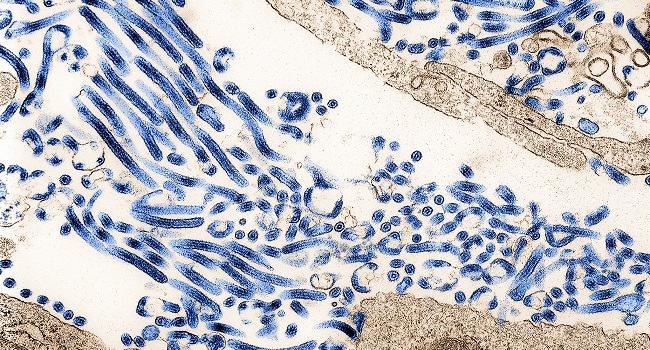
AsianScientist (Jul. 16, 2012) – Health officials in Pakistan are bracing for a surge in dengue fever cases as the country enjoys its first monsoon showers this week.
Heavy monsoon rain is predicted for this year, particularly in Punjab which has been suffering from dengue outbreaks. Heavy showers provide ideal breeding conditions for the Aedes Aegypti mosquito that transmits the virus.
Last month, at least two cases of dengue fever were confirmed by the Provincial Dengue Surveillance Cell of Sindh Health Department. Experts predict another outbreak after the monsoon in areas such as the Interior Sindh, Khyber Pakhtunkhwa, and Potohar region.
The country faces regular epidemics of dengue, claiming 539 lives from 2005 to 2011 across the different provinces. Last year a total of 21,292 cases of dengue were reported in the Punjab region of which 352 proved to be fatal.
The Dengue Epidemic and Control Program reported 386 confirmed cases in the Khyber Pakhtunkhwa (PK) province in the past year. 1,547 suspected dengue cases were reported in the Sindh region, of which 1,326 were from Karachi, the largest metropolitan city of the country.
Earlier this month, the Federal Government announced that it had allocated PKR 265.7 million (US$2.8 million) over three years to monitor the dengue outbreak. The new strategic plan will cover 25 districts and focus on social mobilization, better communication, vector control and surveillance, disease management, and data collection.
A task force is expected to be established along with a Dengue Research and Development (R&D) Cell to conduct research on the virus. Details of this R&D cell have not been made public yet.
In addition, an online dengue surveillance system has also been activated to monitor and coordinate activities during an epidemic with the help of global positioning system (GPS) mapping.
Review of the medical literature from Pakistan confirms the prevalence of different dengue virus serotypes, starting from the first major outbreak of dengue in 1994 due to the DV-2 serotype.
While previous strategies in Pakistan have failed, government officials hope to curb a potential dengue epidemic through preventive measures, which include frequent changes of water in stagnant water pools that act as mosquito breeding grounds.
——
Copyright: Asian Scientist Magazine; Photo: Curt Carnemark/World Bank.
Disclaimer: This article does not necessarily reflect the views of AsianScientist or its staff.












